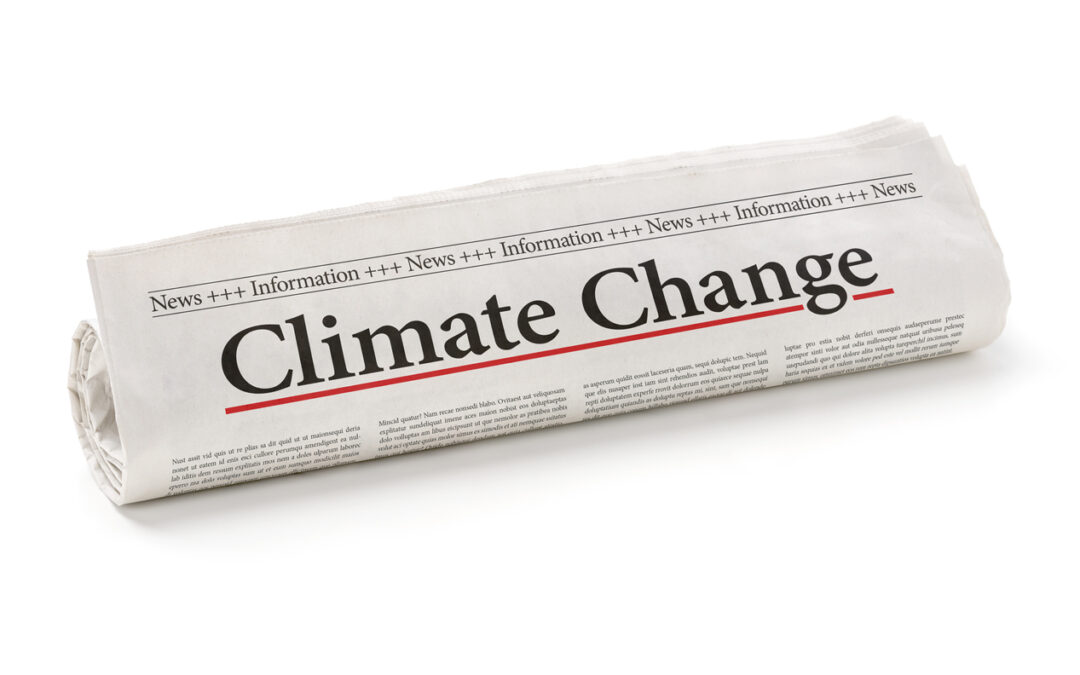A (non-comprehensive and quite random) list of climate change, climate policy and environmental justice stories from the past week.
Climate change: Six young people take 32 countries to court. They accuse the countries of insufficient action over climate change and failing to reduce their greenhouse gas emissions enough to hit the Paris Agreement target of limiting global warming to 1.5C. (see the full story here)
A new climate change report offers something unique: hope. Countries are setting records in deploying climate-friendly technologies, such as solar power and electric vehicles, according to a new International Energy Agency report. The agency, which represents countries that make up more than 80% of global energy consumption, projects demand for coal, oil and natural gas will peak before 2030. (see the full story here)
The Portland City Council on Wednesday unanimously approved a five-year, $750 million plan aimed at climate action and environmental justice. The Portland Clean Energy Fund’s (PCEF) Climate Investment Plan aims to reduce carbon emissions and ensure residents are better prepared for climate change, with a focus on helping communities of color and low-income residents. The climate justice program will fund a wide variety of projects from renewable energy and energy efficiency upgrades to lowering greenhouse gas emissions from the transportation sector by encouraging electric vehicle purchases over the next five years. (see the full story here)
Climate change study puts expiration date on all mammals. Study reveals formation of massive, ultra-hot and largely uninhabitable supercontinent called Pangea Ultima. (see the full story here)
Underground climate change: How heat is trapped under the surface, threatening buildings.
Subways and buildings emit heat directly into the sublayers of the ground, which can deform the ground and cause city structures and infrastructure to crack. (see the full story here)
Climate change, freak weather events and the energy transition will make it harder for the European Central Bank to properly gauge the euro zone’s economic health and set monetary policy, according to some of the institution’s latest research. (see the full story here)
Analysis: US carbon capture pipeline setbacks reflect challenges in climate fight. A series of permit rejections for two high-profile carbon pipeline projects in the U.S. Midwest could bode poorly for carbon capture and storage (CCS) as a widespread solution to climate change, reflecting deep-seated public concern about its risks and environmental impacts. (see the full story here)
Yes, Individuals Can Make a Difference for Climate Change. Activities like renewable energy adoption, plant-based diets and composting reduce community carbon footprints and highlight the importance of a diverse response to the climate crisis—a one-size-fits-all approach just won’t do. Looking deeper, the behavior changes of one person can drive collective action, which is a powerful agent in motivating sustainable behaviors and meeting climate targets. (see the full story here)
Peak Oil Is Near, Energy Agency Says, but Climate Change Is Far From Solved. Despite the rapid growth of electric vehicles and solar power, other efforts to tackle warming are lagging, according to the International Energy Agency. (see the full story here)

